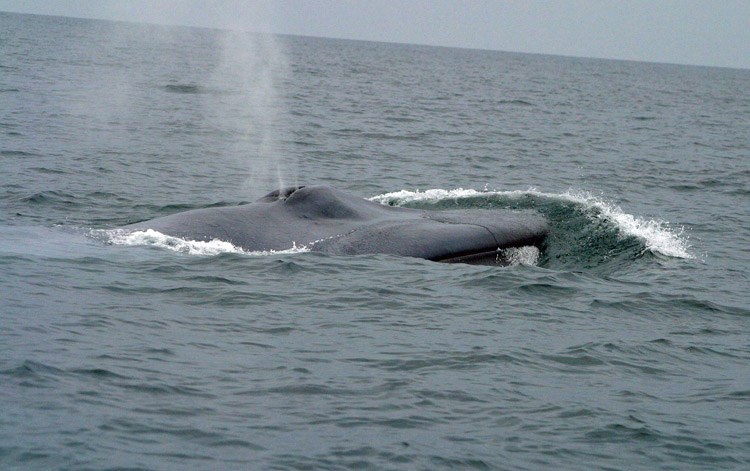We live in a free-market capitalist society. Or, at least, that is what we like to tell ourselves.
It is a system which has flaws, many of which have become increasingly apparent as we have struggled through the banking crisis of 2008 or the first decade and a half of the 21st century and more recently the fiscal disruption of the COVID-19 pandemic. Our system has increasingly come to accept the price of commodities and services as the value of those items. For example, I had a conversation a few years ago with an acquaintance about buying gold.
It was their contention gold always increases in value and it was the only thing for which the value was absolutely assured. The first statement is patently incorrect as the price of gold fluctuates on an almost daily basis but the second contention is more problematic.
After all, if I offered you a pound of gold – or, better yet, 100 pounds of gold – you would likely take it. You might ask how I got a 100 pounds of gold but you would take it anyway knowing the value society assigns to gold.
However, if you were stranded on a deserted island and I offered you that same 100 pounds of gold, would you take it?
What good would the gold do you if you are all alone? Gold’s value isn’t intrinsic. It is tied to societal expectations and demands. Its value arises from our common perception of its worth.
And more to the point, if you were stranded on a deserted island and given the choice between 100 pounds of food or 100 pounds of gold, which would you deem more valuable? I dare say the food would be much more valuable than the gold in that scenario.
Yes, I realize it is a bit of silly proposition. Many people would say “Well, I would still take the gold because I could then use it to barter with others on the island or as payment for transport on a passing ship.” But we are talking about a deserted island with no one else around and no passing ships.
Value is something we place of things which helps us to survive. To someone in the middle of a dessert, water is more valuable than diamonds. To someone suffering from a heart attack, surgery is move valuable than money.
Last week, the CBC program Ideas re-broadcast Mark Carney’s Reith Lecture in which he discussed our modern economy and the differences between value and values.
Value is the price we apply to something. Values are a measure of the things we hold dear or important – such as trust, sustainability, integrity, and such.
His contention is that we are moving towards a world described by Oscar Wilde’s quote: “Nowadays people know the price of everything and the value of nothing.”
Indeed, in the modern economy, we equate price with value in a way which devalues both concepts.
For example, a recent paper estimated one blue whale is worth $2 million over the course of their lifetime in environmental services.
But what does that mean? If you have
$2 million should you be allowed to hunt and kill a blue whale? Or if you caught one, you could sell the components for
$2 milion? Or to replace the services provided by a blue whale would cost
$2 million?
Putting a price on environmental services is one way some scientists have developed to try to get people to understand the value of the environment. But it short sells the blue whale which is a sentient living creature with its own reasons for living. And misses the point that seeing one in person is, as Mastercard would say, a “priceless” experience.
We should be valuing the blue whale because it is a blue whale and not because of its price. It has value which can’t be monetarized.
On a slightly more human point, we are all in the middle of a worldwide pandemic.
While Canada seems to be emerging from the pandemic and its effects on our lives, it is still raging in other parts of the world. And the virus is making a comeback both south of the border and in the United Kingdom. The pandemic is going to have long lasting effects.
There are cries to re-open the economy and get “back to normal.”
But the economy has been running the entire time. It is just running in a different mode than it was prior to the rise in COVID cases. It has tended to value things which are much important to our survival, such as health care.
As we come out of the pandemic, maybe it is time to have a conversation about what it is we truly value in our lives. And maybe pay health care workers what they are worth.



